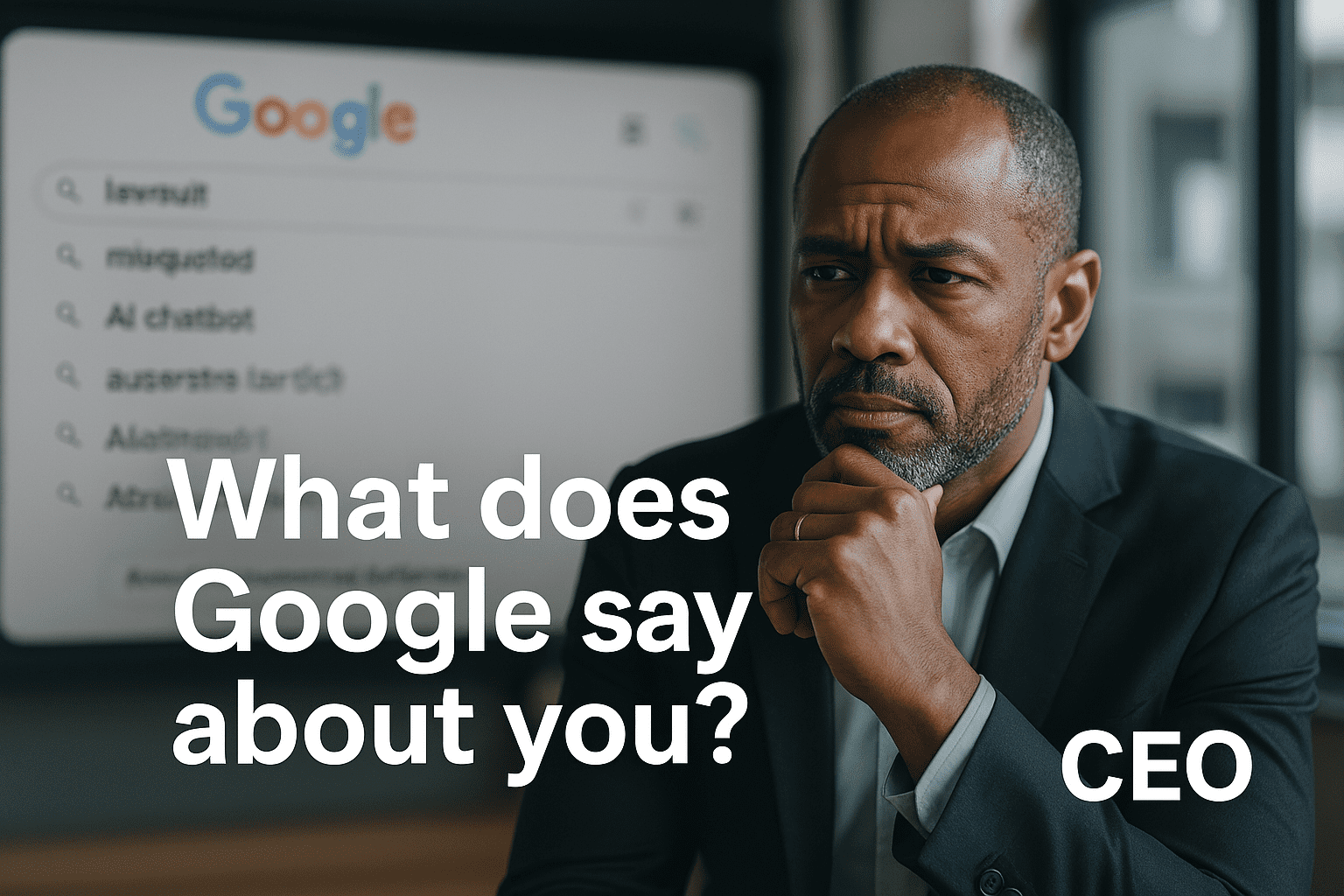Last Updated on October 24, 2024 by Steven W. Giovinco
Welcome of the New World of Deep-Fake
Revenge porn is a modern scourge, hurting women, celebrities, and others. Aimed to get back at ex-partners–business or personal–or even competitors, posting something damaging as this online can alter the victim’s life forever.
“Deep-Fake” revenge porn is a new and disturbing trend. It is a sophisticated imaging system where a photo from anyone can seamlessly be superposed on a nude body of someone else. This composite can then be made appear engaging in pornographic or disturbing acts. Face-images can be culled from anywhere online, making nearly anyone at risk.
Easy to Use Software Is Hard to Stop
The software is free, and can be learned in an afternoon, apparently, but rivals that of movie studios. The damage caused is not only disturbing but long-lasting. The results of this type of video being posted online can devastate a woman’s ability to get jobs, pursue careers, or have personal relationships.
Unfortunately, too, it’s unclear what can be done about it. This new horizon of online reputation image and management of revenge porn has veered towards a real-life “Black Mirror” episode, making the fake imagery virtually impossible to distinguish from the real.
Traditional online reputation management repair does have some techniques that could help.
Video Removal
Try to get the video removed due to copyright or other violations. However, because YouTube doesn’t permit pornographic imagery, the video could easily be posted elsewhere, making it much harder to get removed.
Also, this means it could be uploaded to a foreign or fringe website, making it more likely it would ignore traditional take-down requests or legal actions.
Web Suppression Through Reputation Management
Traditional online reputation repair tactics that push down and suppress the revenge porn videos or other negative content.
For most cases, the best approach is to flood the internet with targeted, effective and well formulated content. There are four steps:
- Business analysis and research to create a customized strategy.
- Develop appropriate online platforms.
- Create blogs, articles, videos, images, presentations, and audio files, and share.
- Repeat: constantly update and tweak.
Specific tasks should include: create a few long but very focused white papers, posted to general sites such Medium.com, Academia, and industry-related ones; write a well-written blog posted weekly; shoot videos–even if using a smartphone–and upload to YouTube, Vimeo weekly; add photos to Behance, the brand’s or personal blog, Flickr; edit or write a Wikipedia article; constantly cross-share on all platforms; engage with existing clients and other industry leaders daily; show expertise, trust, and be helpful.
This takes time–about six months to a year to get negative links down off the first page of Google search results, depending on the severity. However, this approach works.
Hopefully in the near future there will be legislative laws that make “deep-fake” videos illegal.


1 thought on ““Deep-Fake” Porn Videos Are Weaponized to Harass and Humiliate Women”
Pingback: Beware: How Tinder Can Impact Your Online Reputation - Recover Reputation